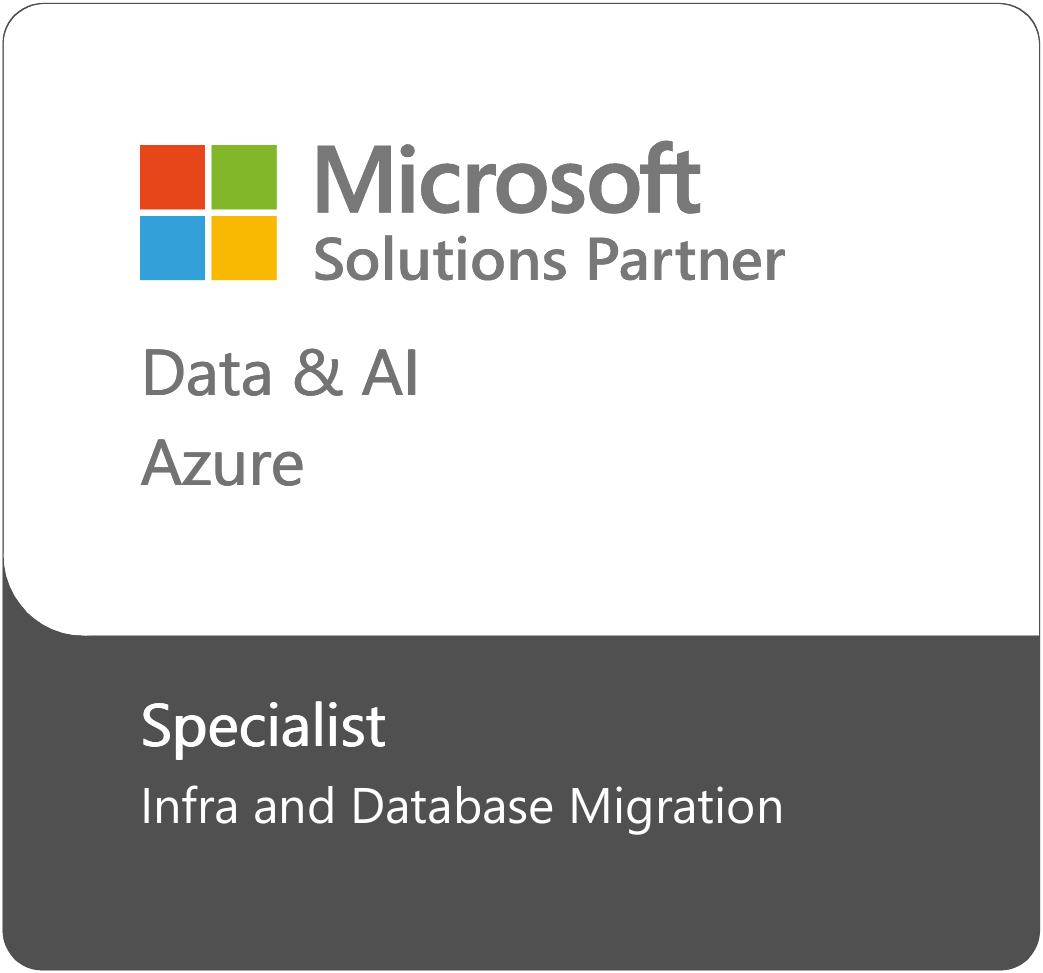
An Azure Landing Zone is the foundation for all modern cloud environments — a ready-to-deploy architecture that defines identity, network, security, policy, and automation across subscriptions.
For Canadian organizations — especially municipalities, health agencies, and SMBs working with sensitive data — this foundation is critical to ensure compliance with PIPEDA, PBMM, and WCAG 2.0 AA regulations.
By using Azure CAF (Cloud Adoption Framework) and Deop’s proven architecture templates, you can achieve:
Many teams ask:
Yes. Azure provides two sovereign regions:
Deop ensures your workloads stay within Canadian boundaries, meeting data sovereignty and residency requirements for federal and provincial clients.


Deop implemented a secure, cost-optimized, and future-ready backup solution that also delivered a complete Azure Landing Zone, fully aligned with Canadian public sector compliance standards.
Our Landing Zone includes:
Networking layer – hub-spoke model with Palo Alto or Azure Firewall integration.
Identity & Access layer – Azure AD, RBAC, conditional access policies.
Security & Monitoring layer – Defender for Cloud, Sentinel integration, activity logs.
Automation & Policy layer – Azure Policy, blueprints, and continuous drift detection.
Compliance layer – alignment with PBMM (Protected B, Medium Integrity) and ISO 27001 controls.

Canada East (Quebec City) and Canada Central (Toronto). Both comply with Canadian data residency requirements.
Deop’s templates include preconfigured policies and guardrails aligned with federal PBMM standards.
Yes — Deop specializes in public-sector landing zones aligned with Canadian privacy, security, and accessibility laws.
Most environments can be deployed within weeks using Deop’s automated templates, with full policy and security configurations ready for production.
"Partnering with Deop allowed us to modernize our backup and cloud infrastructure confidently. Their Azure Landing Zone framework gave us the governance, security, and compliance alignment we needed — especially for municipal workloads under Ontario’s data regulations. We’ve since seen several other Ontario municipalities adopt similar models built by Deop to ensure PBMM standards compliance and cost-efficient disaster recovery."
CTO ,Town of Ajax







